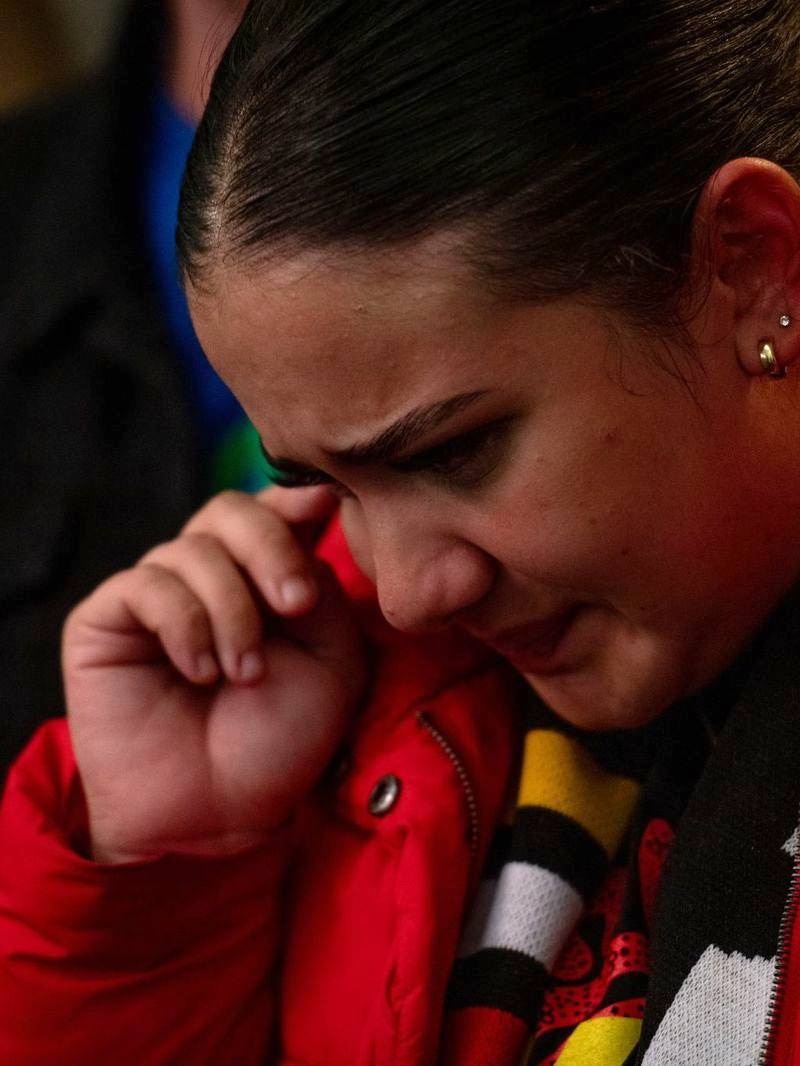It was a drizzly March morning in Adelaide that kickstarted the Yes campaign.
Thousands braved the rain to witness South Australia make history, becoming the first jurisdiction in the country to legislate a state-based First Nations Voice to Parliament.
“We’ll show people,” SA’s Aboriginal Affairs Minister, Kyam Maher, said from the steps of Parliament House.
“It will dispel fears about the national body and give people comfort about a national referendum.”
With hindsight, the weather that historic morning was an ominous sign for Voice supporters.
Far from setting the stage for South Australia to lead the way to a Yes victory, voters in the state could hardly have been more emphatic in their rejection of the national Voice proposal.
Months of extensive campaigning, in a state that Voice proponents had billed as their most crucial, ended with a result so decisive that it took just 54 minutes of counting for the ABC to project a No victory in SA.
So, where did it all go wrong for the Yes campaign in SA?
A missing piece of the puzzle
It likely did not help that Mr Maher was proven wrong in those hopes he had for SA’s First Nations Voice.
Seven months after declaring it would “dispel fears” and “give people comfort”, the advisory body is yet to be elected, meet or counsel the government.
In June, Mr Maher announced he would delay the first elections until March next year, to avoid confusion with the referendum and to give the local Voice “clean air so it can be as successful as it possibly can”.
The six-month delay meant there was no local precedent in place before the national referendum, giving fuel to the No campaign’s argument that a constitutionally enshrined national Voice would be “risky”.
When asked earlier this week if he regretted the decision to delay the local Voice elections, SA Premier Peter Malinauskas said: “No, not one bit”.
“The elections are now next year because we couldn’t have them at the same time as the federal referendum for obvious logistical reasons,” he said.
“As that rolls out, what I hope is that South Australians can take comfort in the fact that we have a non-binding advisory body to the South Australian state parliament where Aboriginal people will be able to inform the parliament on matters that affect their lives in a way that is non-binding.”
But with the majority of South Australians rejecting calls for a national body, Mr Malinauskas and his government will inevitably face questions about the implications for the local Voice.
Convincing voters that the SA-based Voice is still in the state’s best interests could be an uphill battle.
The generational divide
Campaigners saw SA as particularly crucial in the lead-up to the campaign, because of the requirement that voters in a majority of states back a proposed constitutional change.
Yes campaigners felt they would not be able to meet that threshold without winning in South Australia.
But SA presented some unique demographic challenges for their side.
Ahead of the vote, analysts were predicting a generational divide in voting patterns.
In other words, older voters were more likely to vote No than younger people.
The fact SA has an ageing population, with a median age of 41 – compared to the national figure of 38 – meant the Yes campaign was on the back foot from the start.
Likewise, feedback from the campaigns was that suburban voters struggling with cost-of-living pressures were less inclined to back the Voice.
That was a particularly pertinent point in SA, where average earnings are well below the national average.
The so-called ‘beacon’ of social reform
Prominent Yes campaigners including Noel Pearson, Prime Minister Anthony Albanese and Indigenous Australians Minister Linda Burney often brought up SA’s history when arguing their case for a federal Voice to Parliament.
“It’s the state that really sends a signal to all of the other states about what the progressive reform is,” Mr Pearson told the ABC in August.
“On this referendum, it’s crucial that we get the vote out in South Australia, that the country looks to South Australia as a beacon for supporting sensible, liberal reform like the Voice.”
SA was first state to grant women the right to vote in 1894 and to enact Aboriginal land rights legislation in 1966.
But in recent decades, the state has trailed behind other jurisdictions on issues such as decriminalising abortion and sex work and legislating voluntary assisted dying.
Those social reforms were only recently passed under the former Marshall Liberal government, which was turfed out of office after just one term in 2022 amid backlash from the party’s conservative ranks.
One would have to rely on history from decades ago to describe South Australia as a “beacon” of social reform today.
Now, conservative forces have begun to increasingly dominate the SA Liberal Party, and the state Labor government is led by a powerbroker from the party’s right faction.
Just over a year and a half ago, Labor was swept into office in SA on the back of strong support from Adelaide’s working-class suburbia.
Yesterday, that same demographic group overwhelmingly rejected the Voice referendum.
It means big questions will now linger for the SA Labor government, after it backed a reform its core constituents strongly turned their backs on.




